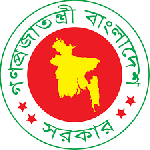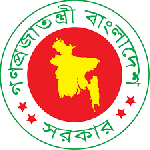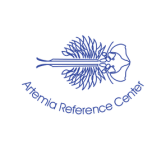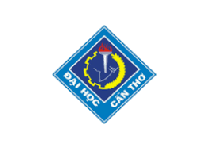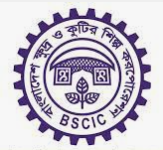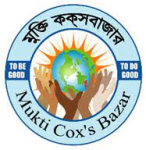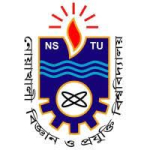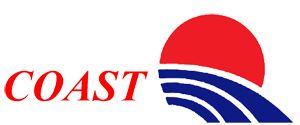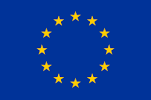The project impact is to increase food security, income and improve dietary nutrition of salt/fish farmers’ households in the Cox’s Bazar area. The strategy will ensure stakeholders engagement in implementation through demonstration farms to develop integrated salt, Artemia and aquaculture models. It will develop improved technologies and practices through research and innovation. Through capacity building and facilitating linkages and networks enhanced extension services will increase access and availability of information. Laboratories will be established for quality assurance of the Artemia product. Project information will be actively disseminated using print and electronic media. Policy/regulatory issues will identified through interaction with stakeholders including policy makers. The reproducible integrated salt, Artemia and aquaculture models, involvement of private sector and workshops and visits to these facilities will promote and facilitate the scaling. The expected outcome is the increased integrated production of salt, aquaculture and Artemia in the salt farms. Climate induced hazards such as prolonged cold winters, high temperatures, erratic rainfall, floods, cyclones, political instability are potential risks to achieve the outcomes. The major outputs are improved knowledge on Artemia biology, production, processing and preservation; improved technologies to establish Artemia cyst and salt integrated production system effectively and widely adopted. This will decrease marine aquaculture production costs due to low cost locally produced Artemia cyst and increase the revenue of salt farmers.
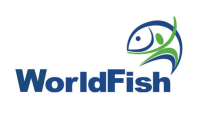


.png)


